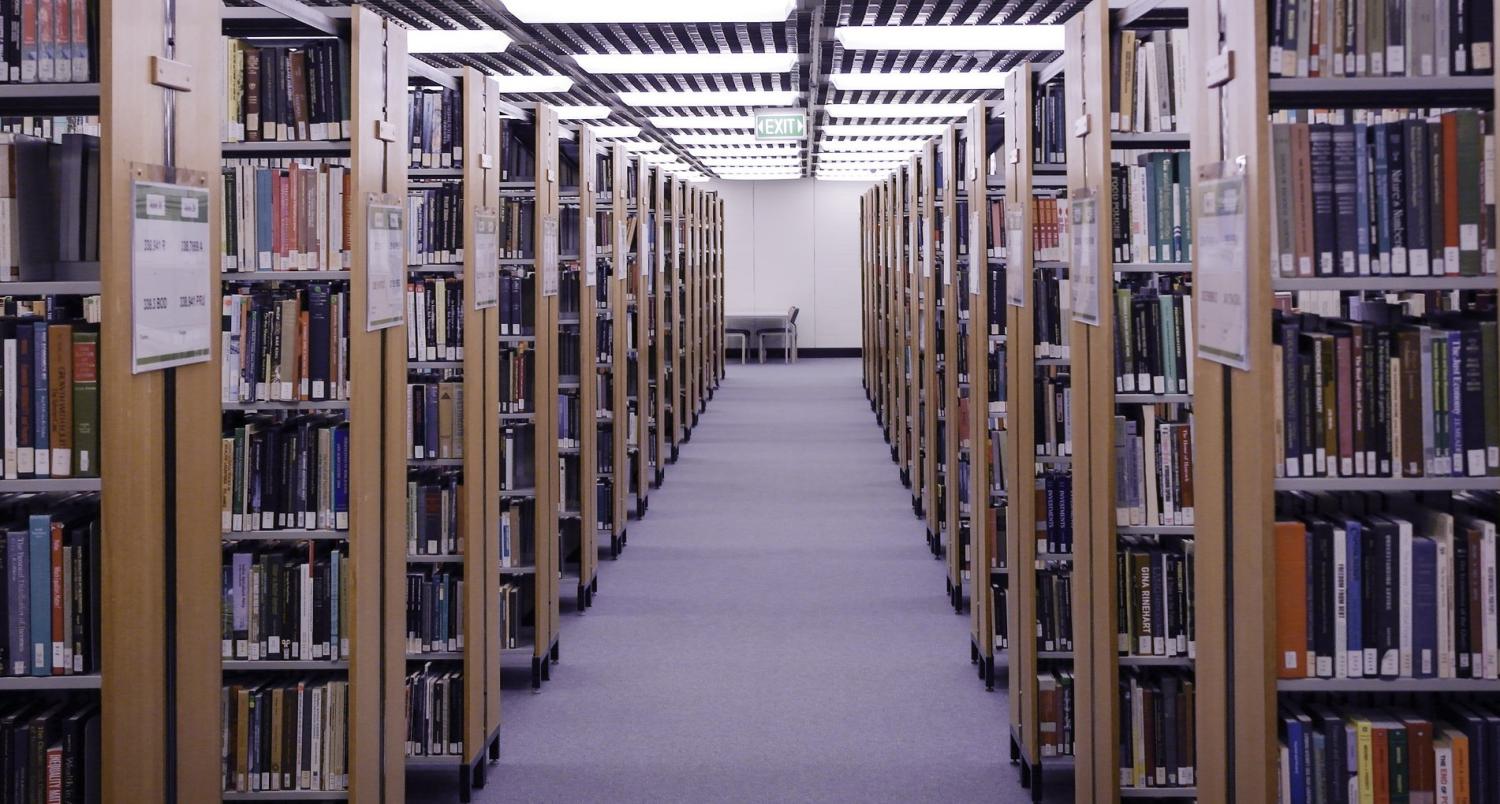On Friday, news broke that the Chinese Embassy had issued a statement in Mandarin on its website urging all Chinese students in Australia to protect their safety. This was reported to have alarmed the university sector, which interpreted the statement as a veiled threat in retaliation for Australia continuing to take a hard line against Beijing: “Universities fear payback as anti-China rhetoric escalates”.
So how vulnerable are universities to international frictions? And what are the opportunities for universities in uncertain times?
Vulnerabilities
The Chinese Embassy statement concerned university leaders because the retaliation scenario is so plausible.
Imagine for a moment that, persuaded by incoming US Ambassador Admiral Harry Harris, Australia decides to join the US in regular freedom of navigation operations in the South China Sea. China is deeply offended and, borrowing techniques used to punish South Korea for the THAAD anti-missile deployment, Chinese nationals are discouraged from travelling or studying in Australia. Enrolments plummet, making a huge impact on the Australian tertiary education sector where the proportion of international students is higher than that in any other nation.
It’s not hard to think of other hypothetical situations in which Australian universities could be vulnerable:
- We enter another global financial crisis, this time particularly serious for countries dependent on imported fuels. India is heavily affected and, despite attempts to shore up its currency, the exchange rate falls. In the space of a few months, Australian university fees become twice as expensive for Indian students, with a significant effect on enrolments.
- A French student in Australia is travelling to university on a bus when he is accosted by locals. They yell abuse which is recorded on smartphone and released on social media, going global. If the student is of African heritage, it only gets worse. Australia’s reputation is damaged, and parents no longer see Australia as a safe destination for students.
- Students undertaking a program in Colombia are kidnapped by guerillas. Video footage of their captivity is released. Parents of the students are angry and denounce the university. Student mobility programs are suspended pending review.
- An Australian university has been researching food security in Myanmar, gathering data on harvests and mapping distribution networks. Its local university partner shares this research with the military. The information is found to be useful in disrupting food supply, aimed at encouraging those viewed as Bangladeshi to return to Bangladesh. The university is named in a UN report as having assisted in ethnic cleansing of the Rohingya.
- A university receives funding from a foreign government to endow a scholarship; let’s say in a non-controversial area, such as sport science. The university is amazed when its ceremony in Bendigo is disrupted by students of Greek heritage bussed in from around Victoria. The issue: recognition of the donor as the Macedonian Government, rather than as the Former Yugoslav Republic of Macedonia Government. If this seems far-fetched, have a look at this.
Opportunities
The good news is that internationalisation has also been a huge positive for Australian universities, with international education now Australia’s largest service export and its third largest export industry, worth $28.6 billion in 2016/17.
Uncertainty in international affairs cannot be avoided. Chief Executive Officer of Asialink Business Mukund Narayanamurti suggests we need to treat uncertainty as a given rather than as something to be mitigated. Or as Australian Institute of International Affairs Fellow Sue Boyd puts it, the role of a leader in a time of uncertainty is to know that it’s going to be uncertain, but still to lead.
Universities have a huge role, both for themselves and wider society, in promoting an international orientation.
First, universities should strive to stimulate an international mindset in their students. This means shaping the curriculum in a way that is relevant to the global world students will be living in. Whether it is an Indian business student in Melbourne or an Australian business student in Mildura, both will need an international orientation to understand exports of goods and services within a small-to-medium-sized enterprises sector directly connected to the global economy. Graduates need the capacity – the skills, knowledge, and networks – to thrive in an interconnected age.
Second, universities can and should advocate for an Australia that is open to the world: something that evidence suggests is key to Australia’s prosperity. On issues such as the tightening of 457 visas and foreign interference legislation, universities should and do advocate for regulation that does not close Australia off from the world.
Universities can explain that if changes to 457 visas mean we can’t attract leading international researchers to work with our researchers, we are all the poorer. They can explain that overreaching legislation that attempts to stigmatise any collaboration with foreign actors is counterproductive, jeopardising legitimate academic research and stifling opportunities for innovation. They can explain that building international understanding is important to Australians’ futures.
Universities need to accept their vulnerability to prepare students for the future, to find opportunities in a time of constant change.
